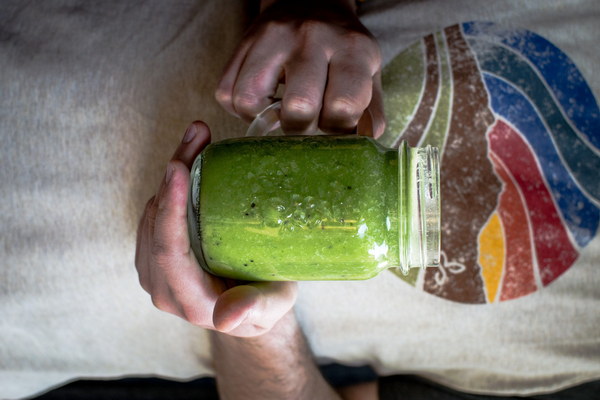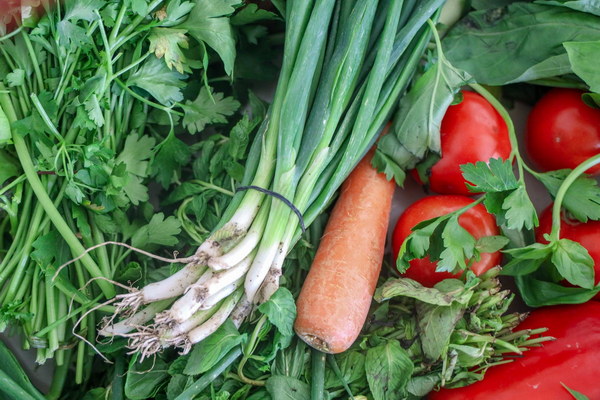Nourishing Young Ones The Benefits of Feeding Children with Bird's Nest Soup
In the realm of traditional Chinese medicine and holistic wellness, the consumption of bird's nest soup is often heralded as a natural elixir, especially for children. This delicacy, made from the saliva of swiftlets, has been cherished for centuries for its supposed health benefits. Let's delve into the reasons why feeding children bird's nest soup might be a nourishing addition to their diet.
The Richness of Bird's Nest Soup
Bird's nest soup is not just a luxurious dish; it is a nutritional powerhouse. Rich in amino acids, particularly the essential ones that the human body cannot produce, it is believed to enhance the immune system and support overall growth and development. The soup is also a good source of antioxidants, which help combat free radicals and protect the body from oxidative stress.
Boosting the Immune System
For children, a strong immune system is crucial, as they are in constant contact with new germs and viruses. Bird's nest soup is said to fortify the immune system, making it easier for children to fight off illnesses. The high levels of protein and antioxidants in the soup are thought to help in this endeavor, ensuring that the young ones stay healthy and robust.
Enhancing Respiratory Health
One of the most celebrated benefits of bird's nest soup is its potential to improve respiratory health. Children are particularly susceptible to respiratory infections, and the soup's natural properties are thought to help clear the airways and reduce the severity of symptoms. This makes it an ideal addition to their diet during the cold and flu season.
Supporting Cognitive Development
The amino acids found in bird's nest soup are also believed to support cognitive development. These nutrients are essential for brain function and can contribute to improved concentration, memory, and learning abilities in children. By incorporating bird's nest soup into their diet, parents may be helping their little ones to achieve their full potential academically and intellectually.
Improving Skin Health
The antioxidants in bird's nest soup are not only beneficial for the immune system but also for skin health. Children often experience skin irritations or outbreaks, and the soup's skin-soothing properties are thought to help in maintaining a healthy and radiant complexion.
How to Introduce Bird's Nest Soup to Children

When introducing bird's nest soup to children, it is important to do so gradually. The soup can be prepared in a variety of ways to suit different palates, from a simple broth to a more flavorful stew with added ingredients like chicken, seafood, or vegetables. Here are some tips for making bird's nest soup more appealing to children:
1. Flavor: Adjust the flavor to suit their taste. For younger children, a lighter, more subtle flavor may be preferable.
2. Texture: Some children may find the gelatinous texture of bird's nest daunting. Blending the soup can make it more palatable.
3. Presentation: Make it fun! Children are often more interested in food that is presented attractively and creatively.
4. Incorporate: Add a small amount of bird's nest soup to other dishes, such as rice or noodles, to introduce the flavor gradually.
Conclusion
Feeding children bird's nest soup is a tradition that has stood the test of time, and for good reason. The soup's potential benefits for immune system strengthening, respiratory health, cognitive development, and skin health make it a compelling addition to a child's diet. By preparing and serving it in a way that is appealing to children, parents can provide their young ones with a nourishing and potentially life-enhancing experience.









